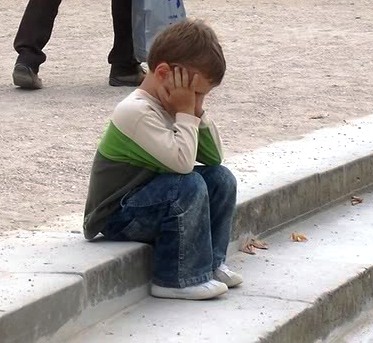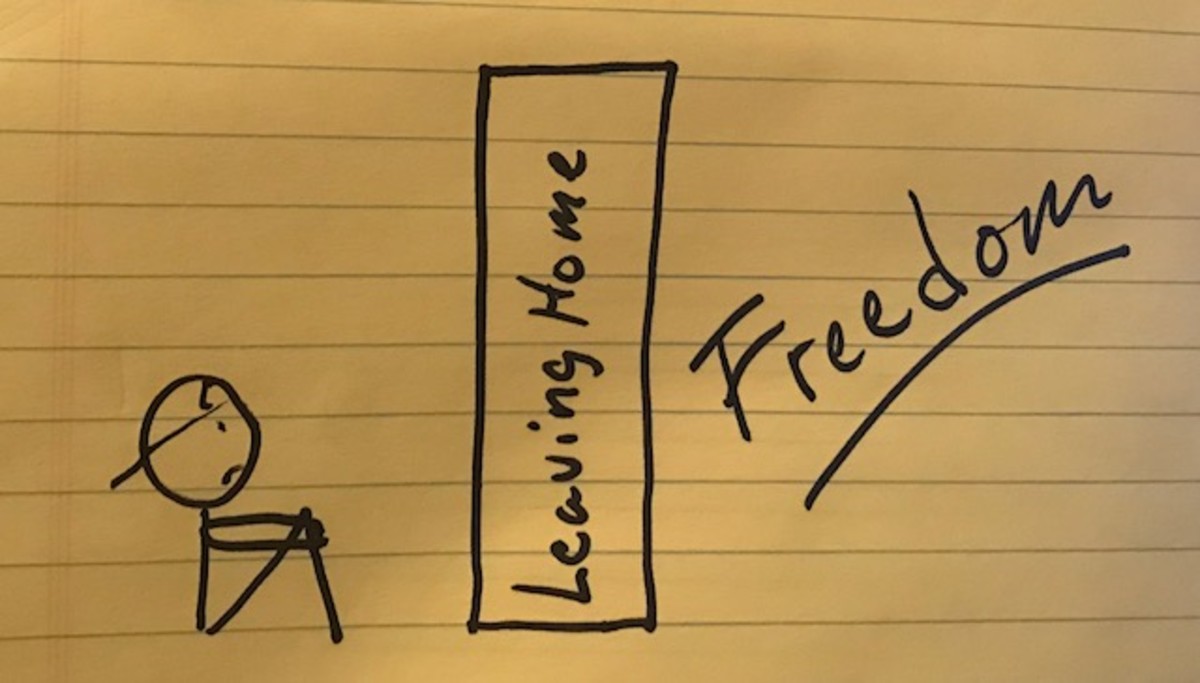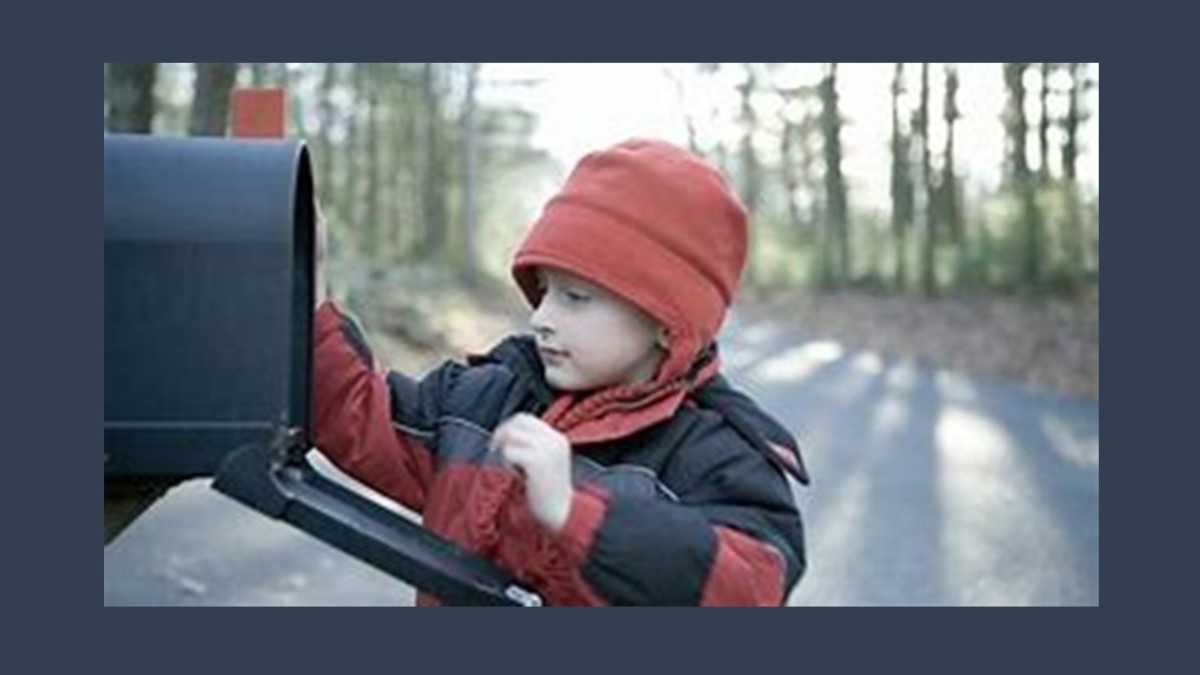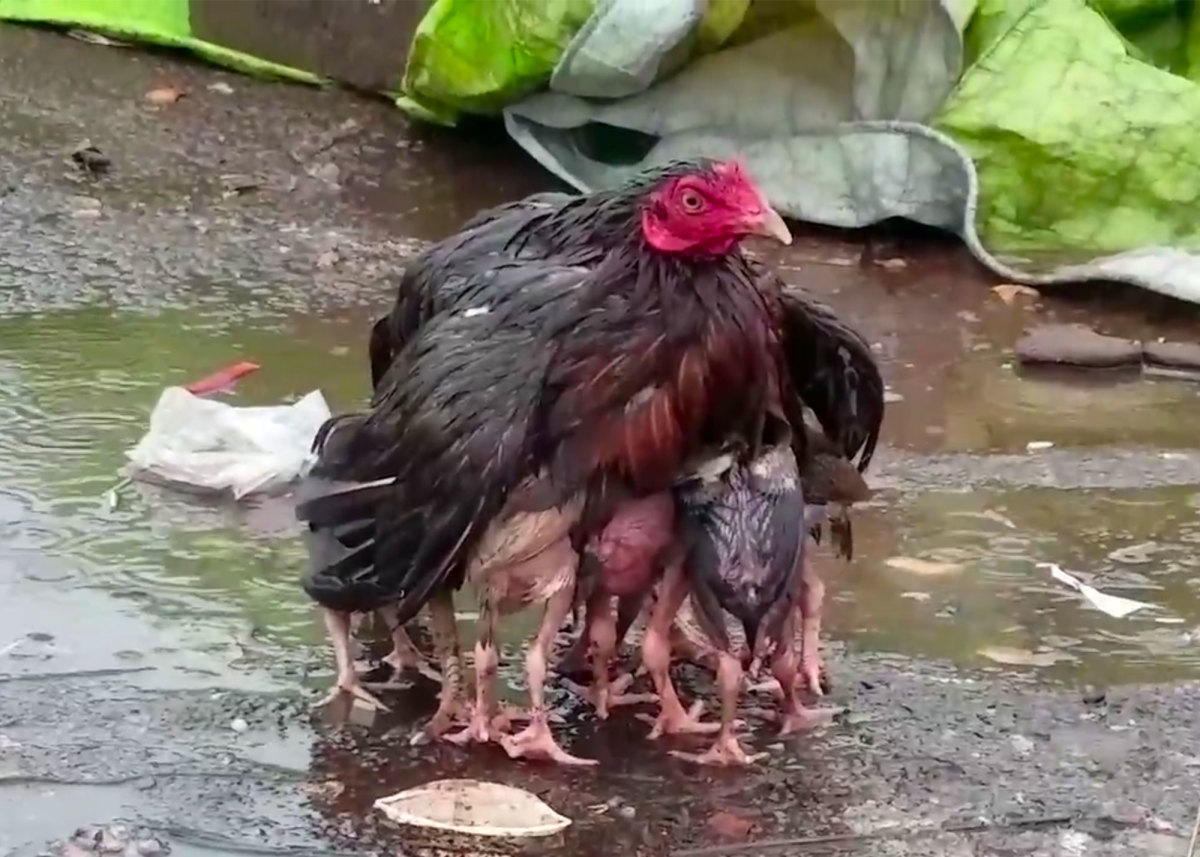Positive Parenting Tips: A Dozen Ways to Improve Your Parenting Skills
Realistic parenting help
With over a quarter of a century's experience working with parents and children and raising children I have learned that what parents want most are practical and specific tips for dealing with behavior problems. Most children bring their own personalities and unique dispositions to the table, so parenting requires a strange ability to be as consistent as possible but still be flexible enough to try new approaches when warranted. Kids have more and more influences in their lives these days, tugging them in different directions and not always in a way that parents appreciate. Parents today need to have more tools than ever so that they can influence their kids to be good people in the world. Sometimes it feels like swimming up stream but it is a worthwhile endeavor. As parents we need to find the resources to be a positive influence and make sure our kids needs are being met.

Online Parenting Tips
I have found the following strategies to be particularly valuable. Parents want practical, useful, effective online parenting advice. Changing a child's behavior means changing some of our behaviors too but we need to know where to start. The parenting tips listed here are the ones that seem to have been the most appreciated by many of the parents and other professionals I have worked with. I hope they are helpful.
Parenting Tip #1. Tell kids what you want them to do, not what you don't want!
Instead of stop yelling, we might say use your inside voice . Rather than saying don’t argue we might suggest asking them to play peacefully or cooperatively. If we focus on the negative that tends to be where they will go. For example, if I say don’t think about a green giraffe, no thinking about a green giraffe, stop thinking about a green giraffe we all know what we will think about. It is only natural. Our brain just can’t shut off that way. The same thing happens when we say no , don’ t and stop when we are talking to our children. The behavior we want our children to avoid becomes something they keep thinking about. They really can’t help it and that’s because that is where we directed their attention.
It might take time to find the positive alternative to what you don’t want your children to be doing but in the long run it will be worth it. This is the first of our dozen online parenting tips because the value of finding the positive opposite of the behavior we don't want can never be underestimated.
Parenting Tip #2. Mean what you say and say what you mean!
The second of our dozen online parenting tips is fairly straight forward. Simply put, children need to have limits that can be enforced by parents and that are appropriate for the child on the basis of his/her age and level of development. If we as parents can’t follow through on consequences or we enforce limits inconsistently our kids will be getting mixed messages. This only makes our jobs as parents more difficult.
Keeping it simple is the best policy. Let your children know ahead of time what the consequence will be for a given behavior. Try to be consistent and follow through on the consequences you have stated to your children. Research indicates that maladaptive behavior in kids is often associated with inconsistent parenting, think about the consequences you have discussed with your kids and make sure its something you canfollow through on.

Parenting Tip #3: Be aware of your body language and tone of voice.
You may think you need to be a buddy when parenting your child so you try to always be positive even when setting limits or maybe you like to think of yourself as the boss and you simply want compliance. When directing our children, an overly ‘buddy-like’ tone is unlikely to sound like a directive. I have heard parents up-talk (rasing pitch of their voice at the end a sentence) when being directive and this approach tends to sound more like a question or even mild begging.
Try to be calm but firm without being aggressive in tone or stance when giving directions to your children. When parenting our children we want to be positive in the words we choose (see tip #1) without being wishy-washy in our tone of voice or body language. While setting limits with our children, positive parenting occurs when we can be a confident and firm yet still be warm and caring.
Parenting Tip #4: Show empathy when following through on consequences.
There are two types of consequences, natural and logical. Natural consequences are not imposed, they just happen as a result of naturally occurring processes. An example of this would be when a child keeps leaving his skateboard in the yard and it gets stolen. Logical consequences are the rules we create as parents. An example of this is when a child leaves her toys out and because her parent has to put them away they are placed in a storage space and not released until the child pays a fine from his/her allowance (by the way, this is a good way to find out how many toys they really don’t need).
When these consequences occur it can be helpful to show empathy and understanding. Some parents feel the need to say I told you so or follow through in a harsh manner. This is unnecessary. In fact it usually leads to children feeling defensive and sometimes acting defiant or like they don’t care. It is helpful when we as parents tell our children that even though we know it can be frustrating to learn from our mistakes, it is an unavoidable and important part of life. Let them know that learning to cope with these frustrations is just one of life's little challenges. Just don't let your child confuse your empathy with a potential change of heart with following through on a consequence.
Parenting Tip #5: Say please!
This might be the easiest tip to follow in our dozen tips for parenting but that doesn’t make it any less important. Children are more likely to comply with our directions when we say please. Some parents feel that they are somehow pleading with their children by saying please. They believe that as leaders in their home they are in charge, therefore their children should do as they say, and saying please in some way diminishes their authority. This argument is not supported by evidence based research, which has shown that saying please is far more effective than the do what I say and do it now approach.
Using please suggests that children have some choice and therefore because you have respected that choice they are more likely to comply. The more choices we give children the less likely they are to engage in power struggles. This is especially true for teenagers who are far more sensitive to being bossed around and thus more likely to be noncompliant when they feel their parents are power tripping. Besides, using please is really just good manners. And please don’t forget the thank you and your welcome as well!

Parenting Tip #6: Proximity.
Get close to your child if you want them to pay attention to your directions. Sometimes it seems easier to call out a command of some sort to our kids but this often yields poor results. Imagine your boss yelling at you from across the room telling you to do a task. Now imagine your boss calmly approaching you and asking you to perform the same task. You might perform the task in both instances, but I am guessing you would be more willing and committed to performing the task in the second instance. The closer you are to your children the more you are able to use the calm assertive tone and body language needed to genuinely influence them.
Many parents don’t understand why their children ignore them after they have shouted some command at them from across the house. Often the child doesn’t respond until their steaming parent is standing in front of them, exasperated from the lack of response (sometimes assumed as a lack of respect) from their children. When the child does finally respond, the parent believes it is the result of their anger. In reality, it is more likely the immediacy of their proximity that has led to the desired impact. Try getting closer to your children when giving directions and notice the difference in how they respond.
Parenting Tip #7: Praise praise praise!
Young children cannot get enough positive reinforcement for their behaviour (although this may be a different case with their accomplishments). Positive parenting carried out with enthusiasm is incredibly powerful. A parade around the house for using the potty properly or a loud cheer for cleaning his/her room is only going to reinforce the behavior. Older children require a little less enthusiasm but they still respond well to our encouragement. A high five, or nod of approval might, or simply acknowledging the completion of a task might be enough for your young teen.
We are all social creatures so it is only natural that we learn from positive social interactions. Try to be as specific as you can when giving encouragement: i.e. that was awesome, I really like the way you organized all the books on your shelf as opposed to you’re a great kid. Try to catch your children doing things right. It is easy to notice their mistakes. Taking the time to notice their efforts and noticing small improvements in their behavior will pay off in the long run.
Parenting Tip #8: Practice new behaviors.
You might think your child will be able to repeat something after they have done it once or twice. This is not always a realistic goal. Children sometimes need to perform a task many times for them to be able to do it consistently. Children learn from repetition. You may be thinking ‘I know she knows how to make her bed’ when she really has not learned to perform the task consistently.
Give your child several opportunities to practice the task under your guidance. They will usually let you know when they no longer need your help. This will provide you with an opportunity to have them demonstrate the behavior and for you to praise and reinforce their achievement. Remember, even though they performed the task properly yesterday it doesn't mean they will do it the same way today. Positive parenting means being patient and knowing that repetition becomes habit.
Child Pouting

Parenting Tip #9: Don't let your child's emotions control you!
This relates back to our tip #2 about saying what we mean and following through. Many of us struggle with seeing our kids have negative emotions. However, it is almost impossible to be a consistent parent if we are riddled with guilt every time our child reacts negatively to consequences.
An obsession with reducing negative events in a child’s life is like saying we really don’t want our child to have opportunities to learn to cope with all aspects of life. This is not to downplay the influence of childhood trauma on some individuals. In many cases it can be debilitating and devastating. However, most caring and well-intentioned parents are highly unlikely to expose their children to the kind of neglect and abuse associated with the type of trauma that seriously impacts the emotional and intellectual development of their child. Positive parenting occurs when we stay calm and rational and don't get overwhelmed by our child's emotional displays.
Tip #10 Being More Self Aware
Parenting Tip #10: Try to be self aware!
Your children will learn more by watching you and emulating your behavior than you might realize. What you model has a significant impact on the choices they make. If we want our children to play cooperatively and peacefully, we need to show we can get along with others. Displays of road rage in traffic or impatience while waiting in line at the check-out certainly won’t help.We also need to curb our own automatic negative reactions to our child's acting out behavior. One way to do this is to count to five before we react when our child fails to respond to our requests.
Do your best to be in the moment and aware of what you are role modeling for your children. Research shows that role modeling is important, however it is hard to consciously model any behavior if we do not practice self awareness. We need to learn to be mindful. If we spend our time drifting off and worrying about things that have already happened or things that haven’t yet happened, we are not really present for our children. Children live in the moment so it helps when we can join them there. Remember that like your kids you too are a work in progress and that becoming more self aware (like most types of change) takes practice!
Parenting Tip #11: Prepare your kids for new situations or outings that have proved challenging in the past.
Many parents may be unaware this simple but highly valuable positive parenting skill. Take the time to prepare your kids for events and outings in their life, Whether it is the expections you have of them when relatives are visiting or how you expect them to behave on a trip to the supermarket, kids do better when they know what will be happening and what is expected of them.
While it is helpful to praise them for a job well done and even give them some kind of bonus for doing well, try to avoid getting in the habit of promising rewards for good behavior as this will likely result in your child usually expecting payoffs for behaving in ways that are expected of all people in a civil society. Simply telling your child something along the lines that you will be watching to see how well they get along with their cousins or how well they stay near you in the store is enough to gain their compliance.
Parenting Tip #12: Every day is a new day!
We are not perfect and we sometimes make mistakes. Perfectionism is a mistaken goal and when we are talking about interactions with others we are really only in control of ourselves and how we act and react. We can’t control everything. If you make a mistake try to forgive yourself and make a plan to fix the mistake or do better next time. Try to start each day with a clean slate and do your best to do a little better each day.
Sometimes we take two steps forward and one step backward. When try to make changes, others will often attempt to subtly pressure us go back to where we were before because they are resistant to the changes we are making. This is usually not done consciously but it is a somewhat normal dynamic. What is familiar is often preferred over what is new and different even if it is for the better. Positive parenting means hanging in there and do our best to be consistent. We do our best so that we can have healthy families and so that our children can grow up to be positive contributing citizens. This is the last of our dozen online tips for parenting but it is one of the most important because change occurs with practice and starting everyday with a realistic and achievable plan.
Favorite Parenting Quotes
Children are educated by what the grown-up is and not by his talk. Carl Jung
If you want children to keep their feet on the ground, put some responsibility on their shoulders. Abigail Van Buren
Parentage is a very important profession, but no test of fitness for it is ever imposed in the interest of the children. George Bernard Shaw








